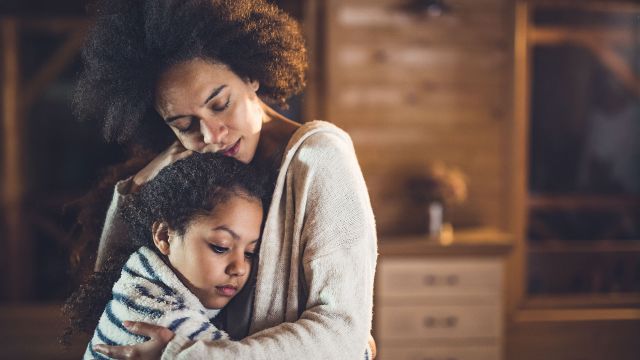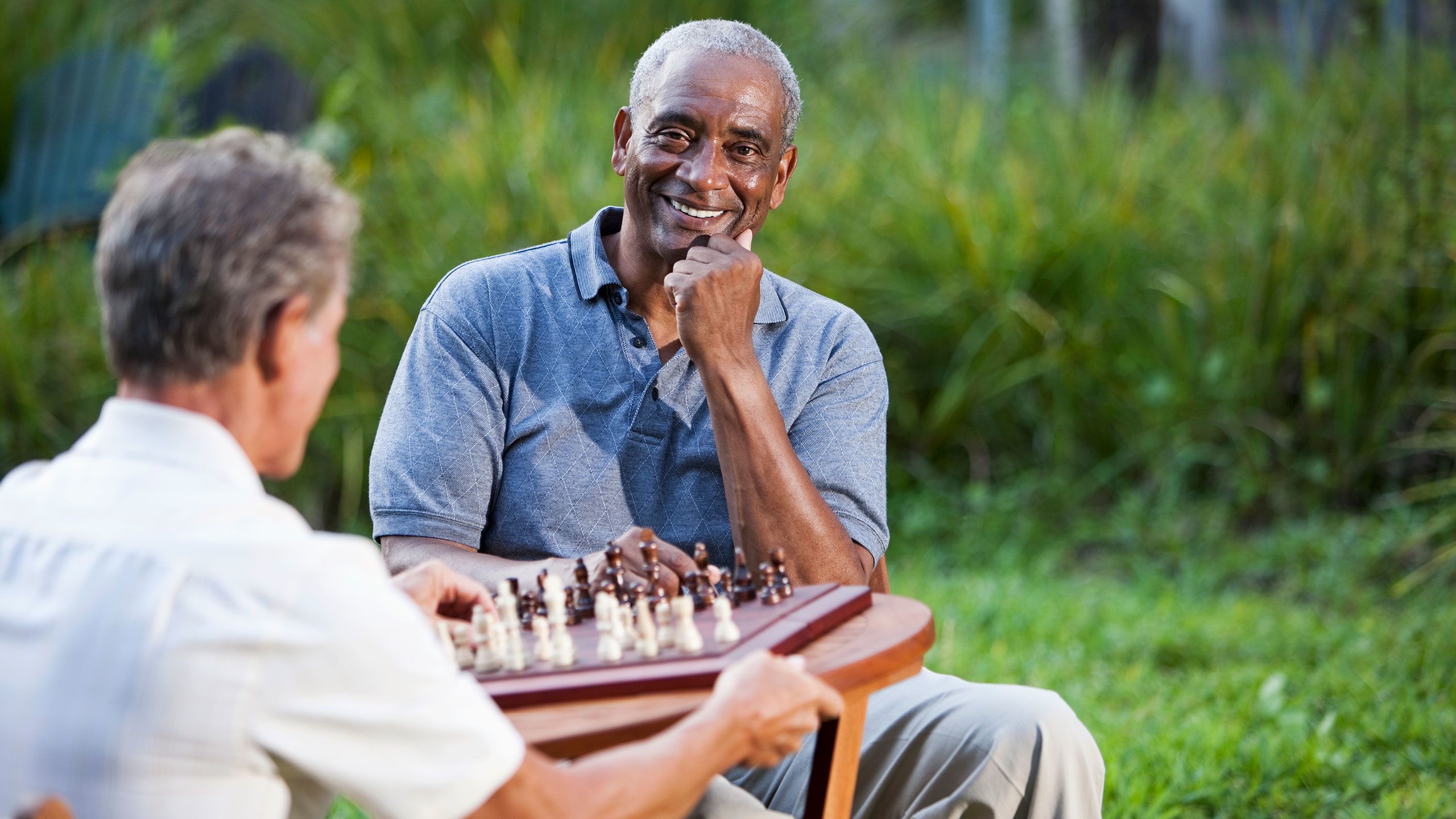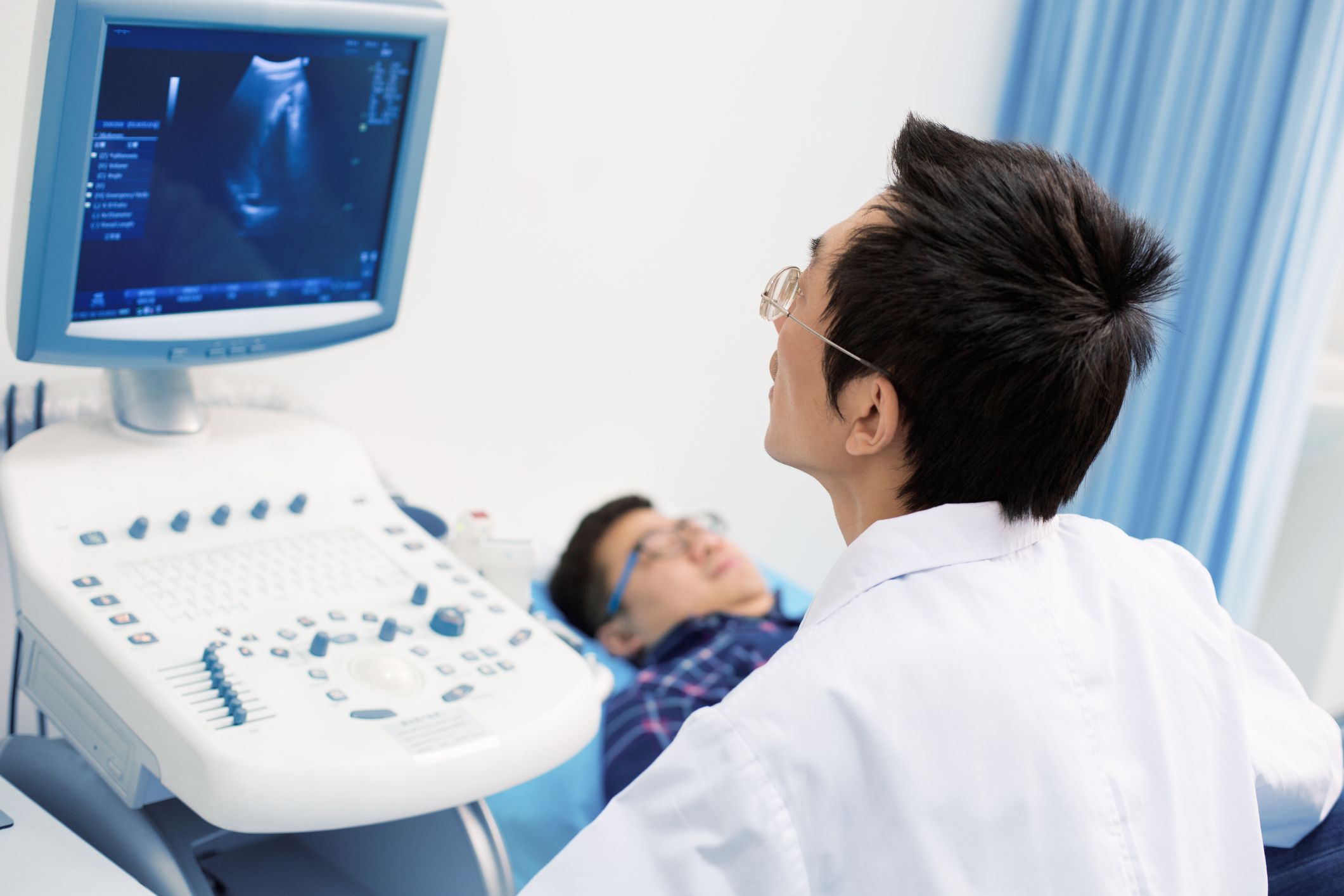If cancer has caused you or someone else in your family to become a caregiver, you already know that caregiving is demanding, both physically and mentally. Cancer caregivers often find themselves not just caring for the loved one who received the diagnosis, but also providing emotional support to the other members of the family, who are all dealing with this situation in their own ways.
Here, we will discuss some challenges that cancer caregivers may face when helping other members of the family cope, as well as tips on recognizing when you need outside help or family support.
Talk to children and teens
Children and teens may have an especially tough time coping when a family member has cancer. Just like other members of the family, they may feel confused, scared, guilty, angry and resentful about the new reality and the change in circumstances. And as with other members of the family, these emotions are completely normal. Adding to the challenge are the facts that children and teens are still developing emotionally and cognitively, may be learning about cancer for the first time and lack the life experience of someone older.
Discussing cancer with children and teens can be hard on parents, who may want to protect their kids from the upsetting reality of the world. It's important, however, to offer younger family members support by including them in conversations, talking with them about cancer and helping them cope with their experiences. Avoiding conversations will not make things better for anyone. Always be honest.
Communicate effectively
It's helpful to recognize that families can have a lot of shared experience, and that everyone responds differently in difficult situations. Not everyone in the family will be equipped to be a cancer caregiver, but there are many ways people can help. It can help to keep communications to the family formal, with agendas, lists, meetings and conference calls. This can prevent family members from being left out, give everyone a chance to ask questions and give everyone a full understanding of the situation and what it entails for both the patient and the caregivers.
Use all available resources
Whether you are a cancer caregiver, patient or a parent, child or sibling of someone with cancer, there are numerous resources and organizations that can help support you and your family emotionally, financially and logistically. Most cancer centers have social workers and counselors who can help you navigate the emotional, psychological and social challenges. There are numerous online and local support groups where you can share your feelings and experiences with others who are going through similar experiences. There are also nonprofit and government agencies that provide financial support to families in need.
Don’t neglect your own needs
Cancer caregivers undertake a lot of responsibility, and for many, the instinct is to try and shoulder that responsibility alone. But keep in mind that you won’t be much help to others if you are struggling with exhaustion, depression and burnout. Taking care of yourself needs to be a priority. It may help to try the following:
- Ask for your family's support and accept help from those around you. Let them know when you are struggling and what you need.
- Stay in touch with friends. Social activities can help you feel connected and may reduce stress.
- Find time for exercise most days of the week.
- Prioritize and establish a daily routine.
- See your healthcare provider for regular checkups and discuss any symptoms of depression or sickness you may be having.
- Eat a balanced and nutritious diet and avoid junk food.
- Look for cancer caregiver support groups.
- Prioritize sleep and rest.
All in all, it’s important to remember that cancer caregiving can be a long journey. Try to take it one day at a time.





